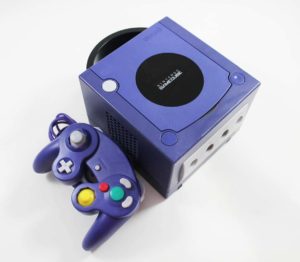
On Tuesday, Sony’s Playstation Twitter account confirmed that the PS5 launch was the biggest in company history. This announcement comes two weeks after Microsoft similarly stated that the Xbox Series S/X launch was the “most successful debut in our history”.
VGChartz estimates that between 2.1 and 2.5 million Playstation 5s were sold across its two separate launch days. During its initial November 12th launch in North America, Japan, Australia, New Zealand, Singapore, and South Korea, retailers sold between 1.3 million and 1.6 million consoles. When it launched in the rest of the world on November 19th, it sold an additional 800,000-900,000 units.
Of these sales, roughly 75% were of the $499.99 version of the console. However, considering that the console is sold out everywhere except for with third-party sellers (i.e., scalpers), it is likely that so far this disparity is mostly driven by the scarcity of the $399.99 Digital Edition rather than consumer demand.
VGChartz also estimated that the Xbox Series X/S sold between 1.2 and 1.4 million consoles on their launch day. Of these sales, the beefier Xbox Series X sold approximately 800,000-925,000 units while the Xbox Series S sold between 400,000 and 475,000 units.
For both systems, it appears that demand has far exceeded supply, and this year’s unique circumstances seemed to have further exacerbated these problems. With the coronavirus pandemic, Sony had announced a digital-only launch. While this was a responsible choice given the ongoing health crisis, an unintended side-effect has been that scalpers have used automated bots to purchase a large percentage of consoles available online.
Business Insider reported that one scalper group on Discord called CrepChiefNotify had themselves collectively acquired around 3,500 PS5s. Members of the group levied pre-existing software and techniques utilized in other high-demand markets, such as the world of sneaker releases, to score large numbers of consoles for resale. This is just one example, and there are many other groups that offer subscriptions for bots.
While it is unclear how long these scarcity problems will last, both companies have promised more stock in time for the holidays.




